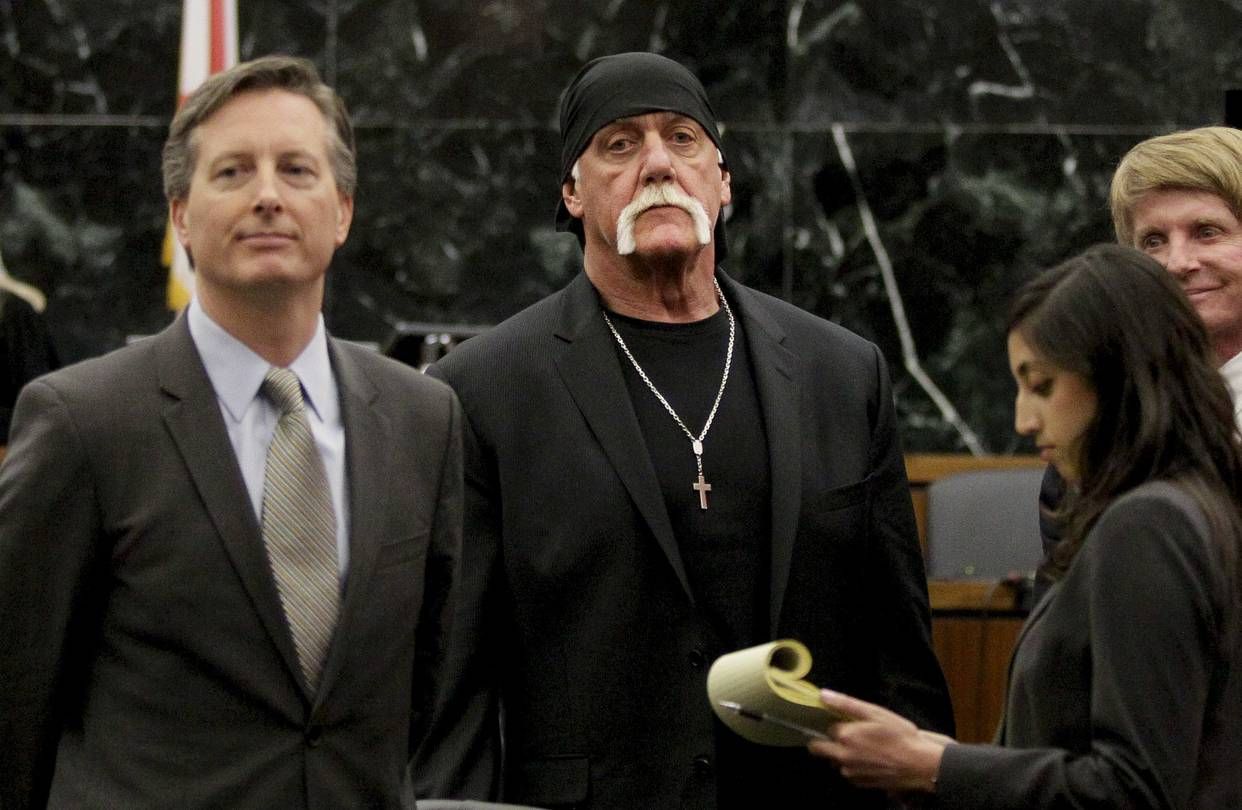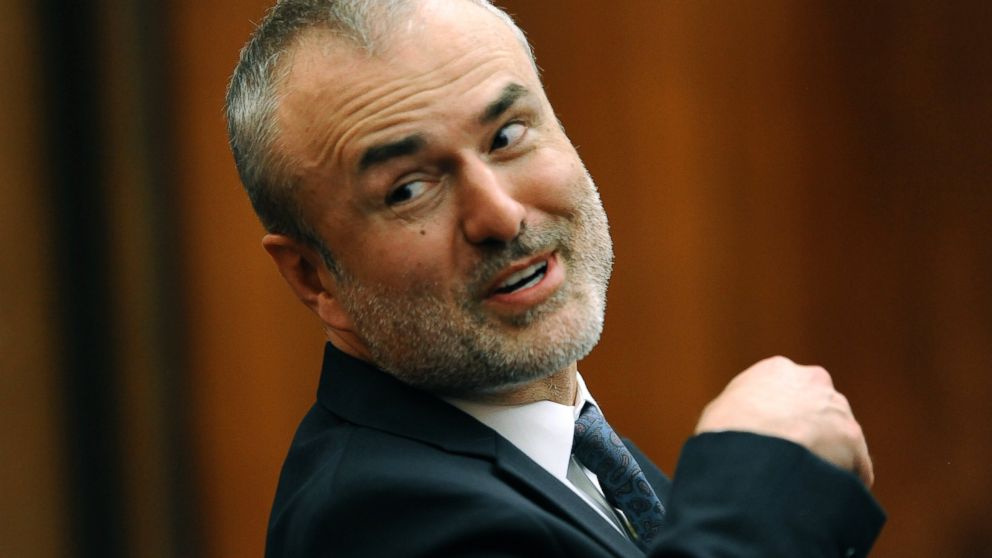

It could not be brought back because it could never be what it once was, and also because what it once was was sued out of existence by a professional wrestler five years ago.”Īccording to Ryan Thomas, professor of journalism and media production at the Edward R Murrow college of communication at Washington State University, the alignment of economics, technology and dissatisfaction with mainstream media coverage enabled the success of the original Gawker. “The current laws of civility mean that no, it can’t be exactly what it once was,” Finnegan wrote in a note to readers last year, “but we strive to honor the past and embrace the present.”īut Finnegan conceded she had reservations: “The Gawker name was toxic, but also weirdly revered an intractable combination. How far Finnegan wants or is able to go in Gawker’s revitalization is open to question. Gawker’s new editor, who was not made available to the Guardian last week, has said that new Gawker will be the same but different.
#GAWKER SETTLEMENT TRIAL#
Hulk Hogan leaves the courtroom during a break in his trial against Gawker Media in 2016. Faced with the huge fine, the site shut down. Jurors agreed, and Bollea was awarded $140m, later reduced to $31m in a settlement. Thiel then bankrolled a privacy lawsuit brought by Hulk Hogan, a 6’7”, 300-pound wrestler named Terry Bollea after Gawker published a 40-second video of Hogan having sex with the wife of a radio DJ named Bubba the Love Sponge.īollea’s attorneys argued that the wrestler’s sex life was not a newsworthy subject and publication of it constituted an invasion of his right to privacy. Then, in 2007, Valleywag, a tech-focused subset of Gawker, outed the technology baron Peter Thiel without his permission. Gawker outed a publishing executive at Condé Nast, triggering a wave of ire. “By Gawker’s definition, if it’s interesting, it’s news,” the Times added.īut that definition came unstuck when Gawker’s interests crossed over into sexual preference. His various websites have stood for nothing if not the proposition that decorum should never stand in the way of entertaining readers.” The publisher, the Times said, “has probably done more than any individual to loosen up the mainstream media. Online outlets like Vice, Buzzfeed and Vox followed, giving reporters a way into a business that was dominated by staid organizations that had yet to adapt to the democratization of access proposed by the internet.ĭenton told the New York Times in 2015 that what journalists put in their stories is inherently less interesting than what they say after work. It added to its stable with sports (Deadspin), tech (Gizmodo) and gaming (Kotaku) sites. Over time Gawker – and a host of other plucky blogs – helped revolutionize US publishing. The company had two freelance bloggers who were paid $12 per post. Photograph: Tim Knox/Tim Knox (commissioned)įounded by former Financial Times reporter Nick Denton in his living room in 2002, Gawker was initially just two blogs, a media gossip site (Gawker) and a technology blog (Gizmodo). Nick Denton, editor of Gawker in New York. “People are too worried about how they will be perceived, and they’ve ceased to be playful, so anything that starts to be like that again is welcome,” Brown adds. “Editorials are uptight, and comedy is seen as in a field outlet of its own.” “It seems now that social media is so flooded with humor and irreverence that people no longer see it as having a place in the mainstream media,” he told the Guardian.

Purchased by Bustle media and led by a new editor, Leah Finnegan, Gawker’s reboot has added (or returned) a welcome blast of satire to a US media landscape that often lacks it.Īccording to James Brown, founder and editor of Loaded, a British magazine that started the lad-mag revolution of the 90s and whose account of that era “Animal House” has just been published, the mainstream US press has all-but abandoned satire. The rotation of subjects, relatively ideologically unrestrained, marks a return for an organization that had been dead. Over the past week, the site has run stories that much of the media would sooner swerve: alleged anti-British, anti-Royal sentiments at the New York Times whether it was wrong for Meghan and Harry to hold hands at the Queen’s funeral (“Even for a family filled with perverts, this is beyond”) and if the Real Housewives of Beverly Hills are “too mean, too callous, too focused on tedious drama” to merit a show. Since a quiet relaunch a year ago, under entirely new owners, Gawker is once again starting to attract interest and readers – still purveying snark, still relying on attitude against elites – but without the edge of nastiness that got its original iteration in such trouble.


 0 kommentar(er)
0 kommentar(er)
